Fact Check: The truth about NHS staff shortages
Is the health service facing an unprecedented workforce crisis? The Week looks at the figures
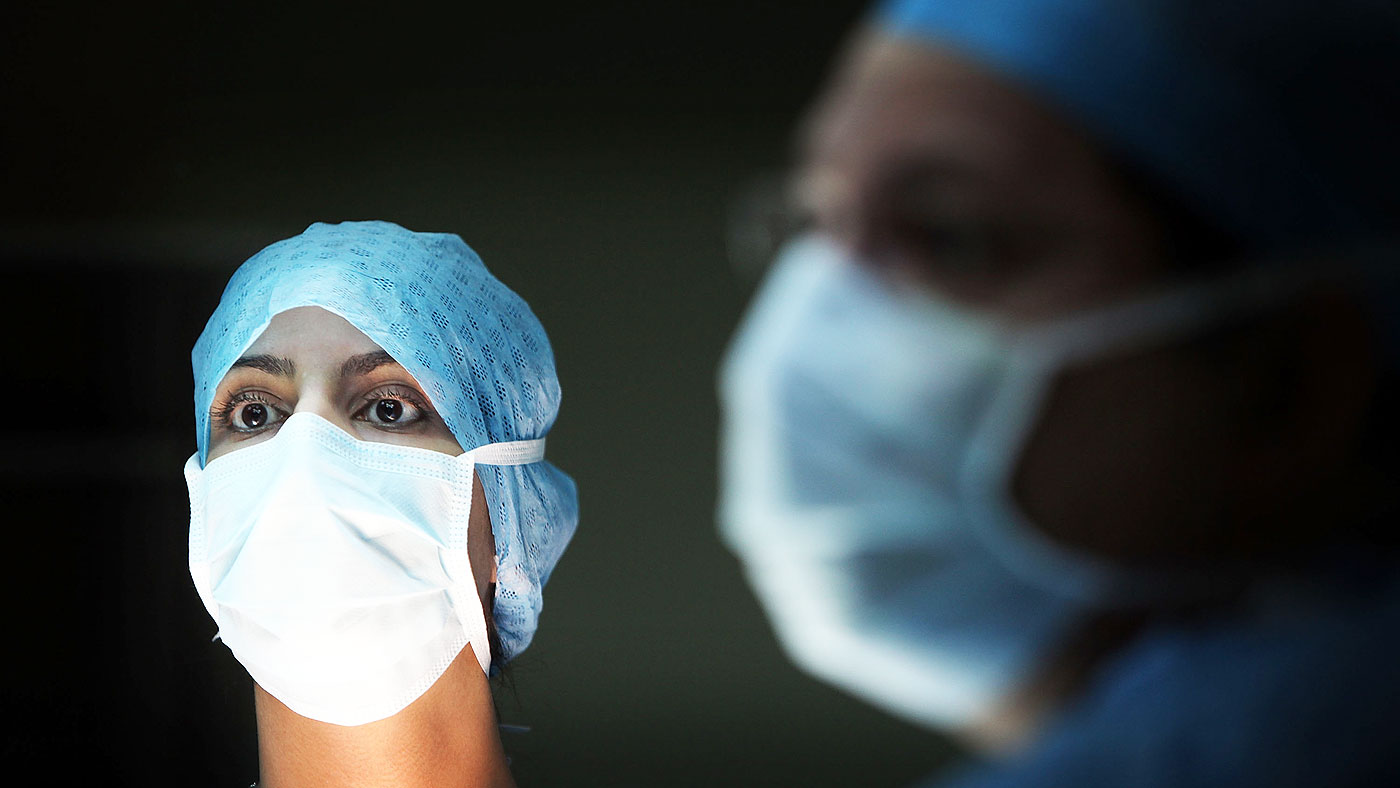
A free daily email with the biggest news stories of the day – and the best features from TheWeek.com
You are now subscribed
Your newsletter sign-up was successful
The Royal College of Nursing has warned that NHS staffing levels are reaching crisis point, but the government insists that there are more doctors and nurses in work than ever before. Who is right?
What does the government say?
The Conservatives maintain that NHS staff numbers have risen consistently since they came to power in 2010.
The Week
Escape your echo chamber. Get the facts behind the news, plus analysis from multiple perspectives.

Sign up for The Week's Free Newsletters
From our morning news briefing to a weekly Good News Newsletter, get the best of The Week delivered directly to your inbox.
From our morning news briefing to a weekly Good News Newsletter, get the best of The Week delivered directly to your inbox.
Last month, Health Secretary Jeremy Hunt said the health service “has seen more money, more docs and more nurses than ever in history” under the Tories.
Number 10 recently claimed that there are now almost 11,800 more doctors and 13,100 more nurses working in the NHS compared to 2010, the BBC reports.
The government also promises further increases are on the cards. Last year, it announced plans to boost the number of medical school places by 25 per cent from 2018.
What do critics say?
A free daily email with the biggest news stories of the day – and the best features from TheWeek.com
Responding to Hunt’s tweet, one doctor asked: “More docs than ever? Can you explain to me why I’m receiving multiple emails a day desperate for locums because of the shortage of A&E docs?”
Theresa May was also challenged on NHS staffing during Prime Minister’s Questions this week, with Labour leader Jeremy Corbyn claiming that there is a shortage of 40,000 nurses across the UK and calling on the government to lift the controversial 1% cap on public sector pay rises.
As the debate continued in Parliament, thousands of nurses gathered outside to protest against the cap and what they described as dangerously low staffing levels that are putting patients at risk.
“I don’t want to come home every night and feel deeply sad because I have not been able to do the job I want to do to the standards I want because there are not enough staff,” one told The Guardian.
Another nurse told The Daily Telegraph earlier this year that the lack of staff is so acute that “corners are cut and safety is compromised daily, we just do a really good job of covering it up”.
NHS Providers, which represents NHS chief executives, recently warned that the health service may suffer its worst winter in recent history if it does not receive a cash injection to pay for extra staff.
“We are 50 junior doctors short on our rotas across the hospital,” Colchester Hospital University chief executive Nick Hulme told the BBC last week. “Every day is a constant struggle.”
What are the facts?
Because NHS staff numbers are seasonal, the most accurate way to judge how they have changed over time is to compare data from one month to the same month in previous years, says Full Fact, an independent fact-checking charity.
In May 2017, there were 11,700 more doctors working in NHS hospitals and community health services in England compared to May 2010 when the Conservatives came into power, it reports, citing the latest NHS England’s workforce statistics. This represents a 12 per cent increase.
However, this does not include the number of GPs in England, as data on their numbers “isn’t comparable” as far back as 2010 because of changes in the way the figures were collected, it adds.
The number of registered nurses and midwives, meanwhile, fell by 1,783 (0.3 per cent) between March 2016 and March 2017, according to the Nursing and Midwifery Council. This is first time it has fallen since 2008, though it’s important to note that not all registrants are employed in the NHS.
The government’s claim that there are 13,000 more nurses is correct, but it only refers to those working on acute, elderly and general care wards. Others, including those working as mental health and community health nurses, have seen their numbers cut since 2010, according to NHS Digital.
“The more revealing thing is how this compares with patient demand,” says Channel 4 Fact Check.
In 2010, there were 1.93 doctors per 1,000 people, it reports. In 2016, that rose slightly to 1.99 doctors per 1,000. In the same period, the number of nurses fell from 6.04 to 5.77.
While some staff numbers have risen, “they haven’t risen fast enough to cope with the increase in demand for care,” says Andrew Street, Professor at York University’s Centre for Health Economics.
He also warns that the shortfall is expected to worsen once the UK leaves the European Union. “Some NHS staff from other EU countries already appear to be returning home as a consequence of the referendum,” Street wrote in The Conversation earlier this year.
Who is right?
The government is right that doctor numbers have risen since 2010, but its claim about nursing levels is misleading. Neither statement means the NHS has enough staff to cope with rising demand.
-
 The Week Unwrapped: Do the Freemasons have too much sway in the police force?
The Week Unwrapped: Do the Freemasons have too much sway in the police force?Podcast Plus, what does the growing popularity of prediction markets mean for the future? And why are UK film and TV workers struggling?
-
 Properties of the week: pretty thatched cottages
Properties of the week: pretty thatched cottagesThe Week Recommends Featuring homes in West Sussex, Dorset and Suffolk
-
 The week’s best photos
The week’s best photosIn Pictures An explosive meal, a carnival of joy, and more
-
 Fact check: are US migrant detention centres really concentration camps?
Fact check: are US migrant detention centres really concentration camps?In Depth Congresswoman Alexandria Ocasio-Cortez stands by her controversial claim
-
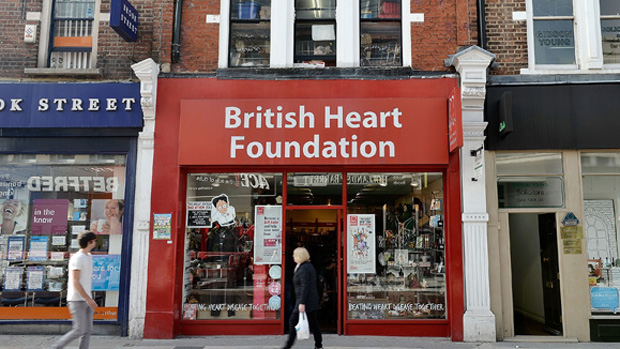 Fact check: how do charities spend your money?
Fact check: how do charities spend your money?In Depth The Week investigates what percentage of donations goes directly to those in need
-
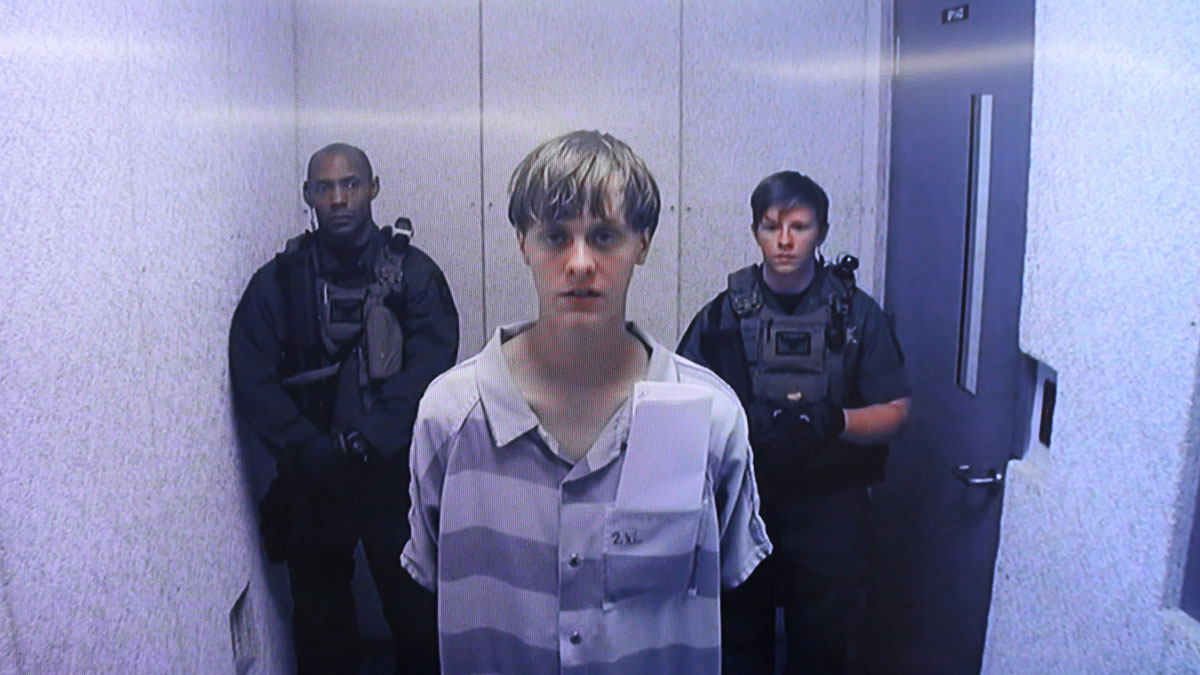 Fact Check: Are far-right groups the biggest US terror threat?
Fact Check: Are far-right groups the biggest US terror threat?In Depth In Depth: New Jersey senator claims white nationalists behind majority of attacks since 9/11
-
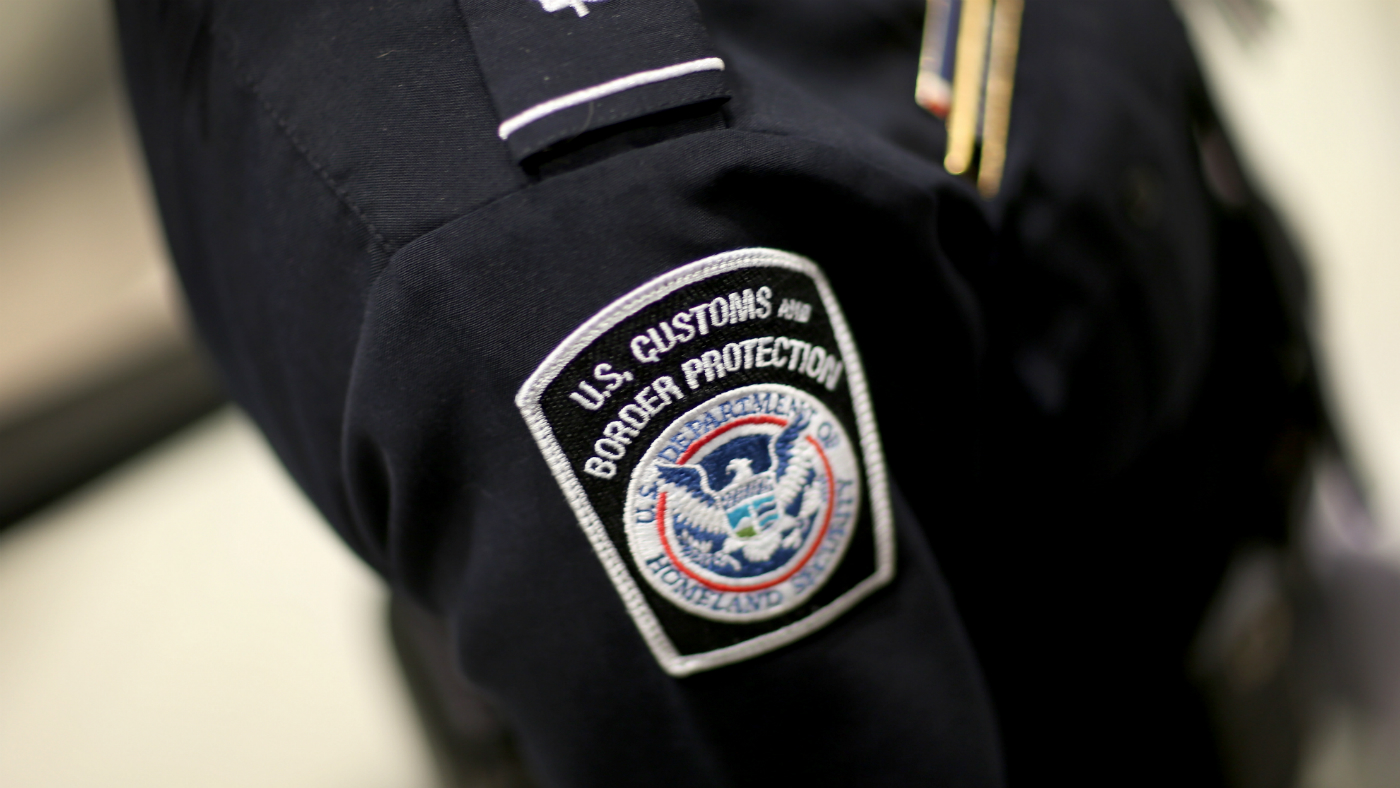 Fact Check: Do terrorists exploit the US green card lottery?
Fact Check: Do terrorists exploit the US green card lottery?In Depth The US visa programme that has sparked Donald Trump’s ire
-
 Fact Check: Did UK’s ‘better educated’ vote Remain?
Fact Check: Did UK’s ‘better educated’ vote Remain?In Depth Labour MP’s linking of education levels to pro-EU votes sparks outrage
-
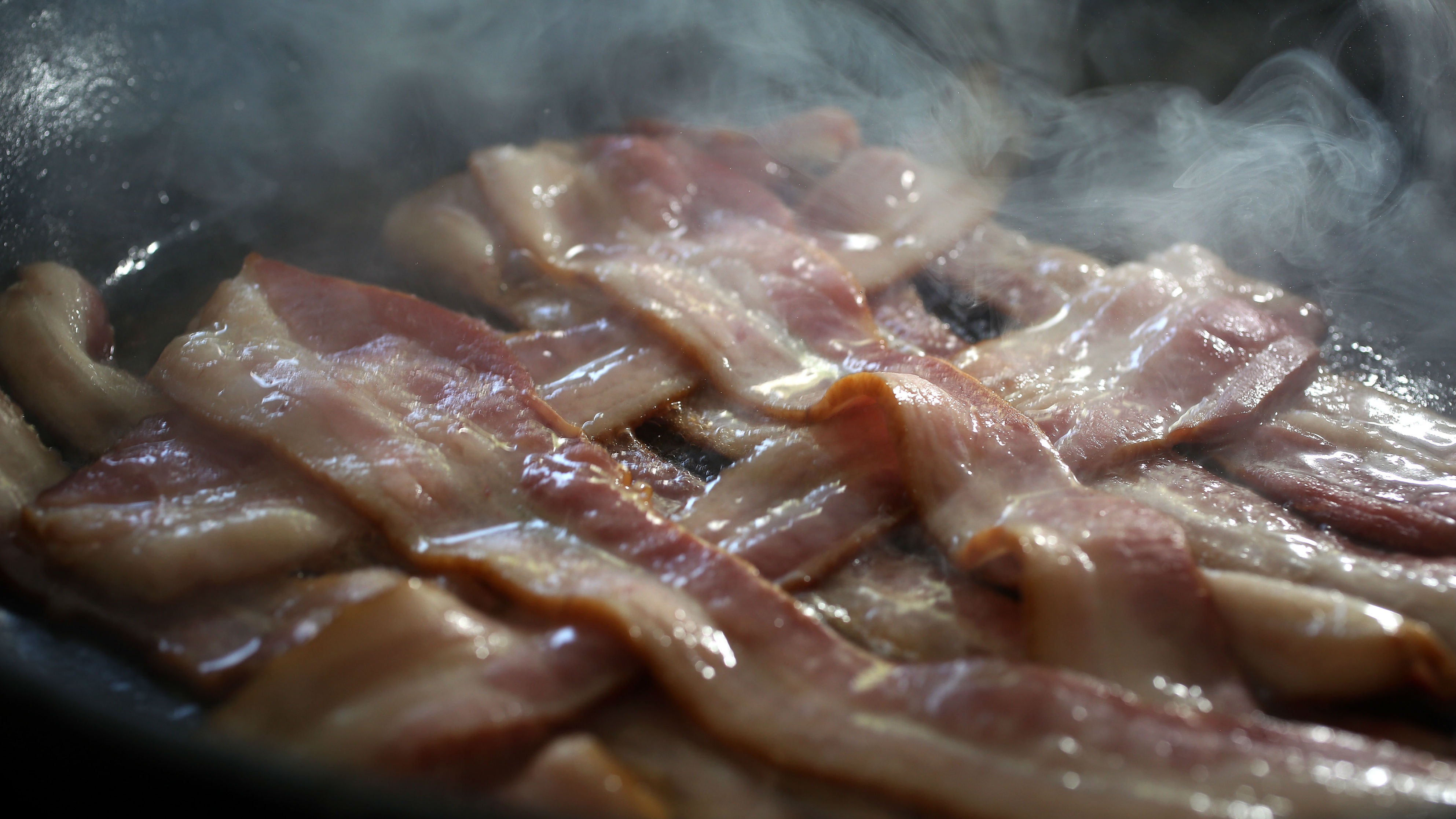 Fact Check: The truth about saturated fat
Fact Check: The truth about saturated fatIn Depth The Week checks out a controversial report that claims saturated fats do not increase heart risk
-
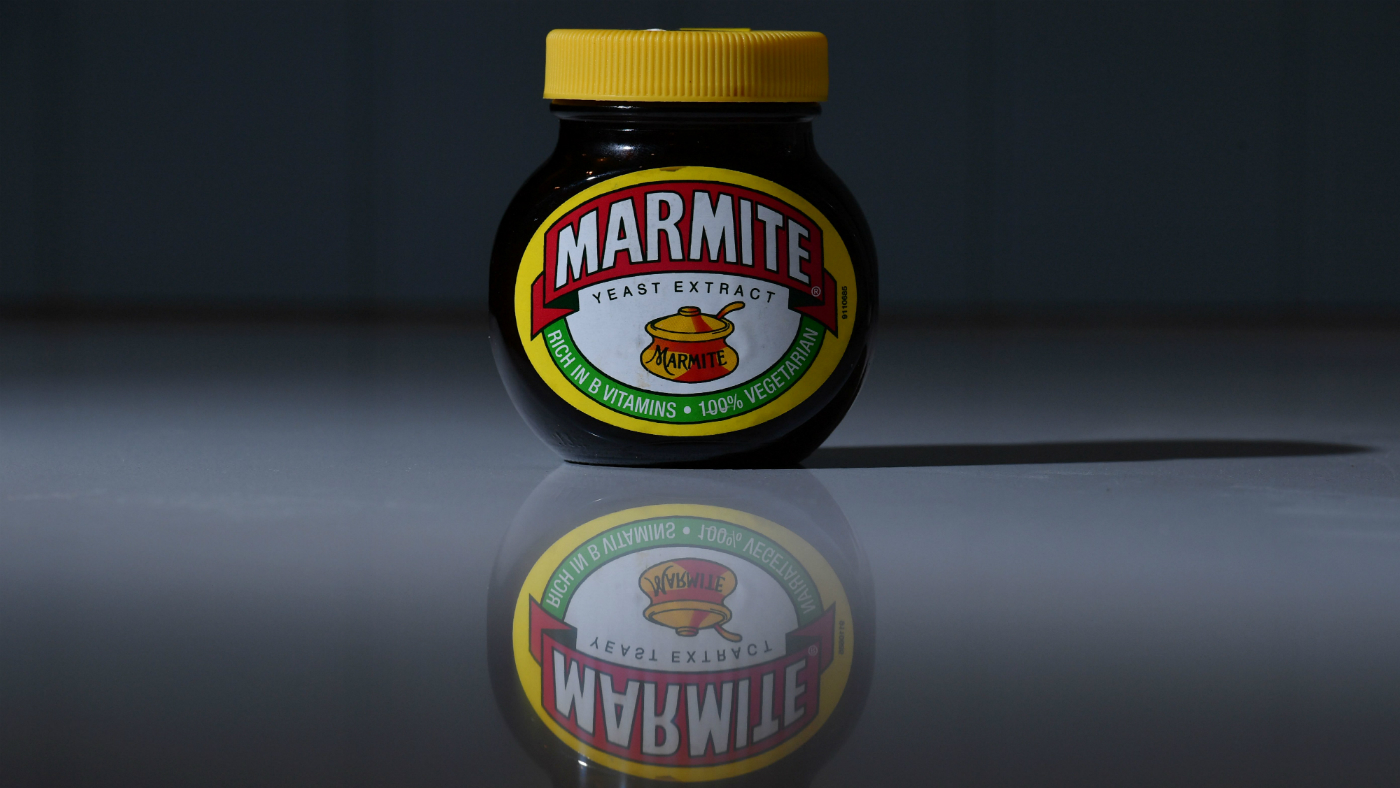 Fact Check: The truth behind Marmite's brain-boosting properties
Fact Check: The truth behind Marmite's brain-boosting propertiesIn Depth Papers say the spread could prevent dementia, but critics accuse the press of laying it on thick
-
 Fact Check: Is Easter a Christian or pagan festival?
Fact Check: Is Easter a Christian or pagan festival?In Depth Cadbury's and the National Trust have been accused of 'airbrushing faith' out of an egg hunt, but is the Church right to be so angry?